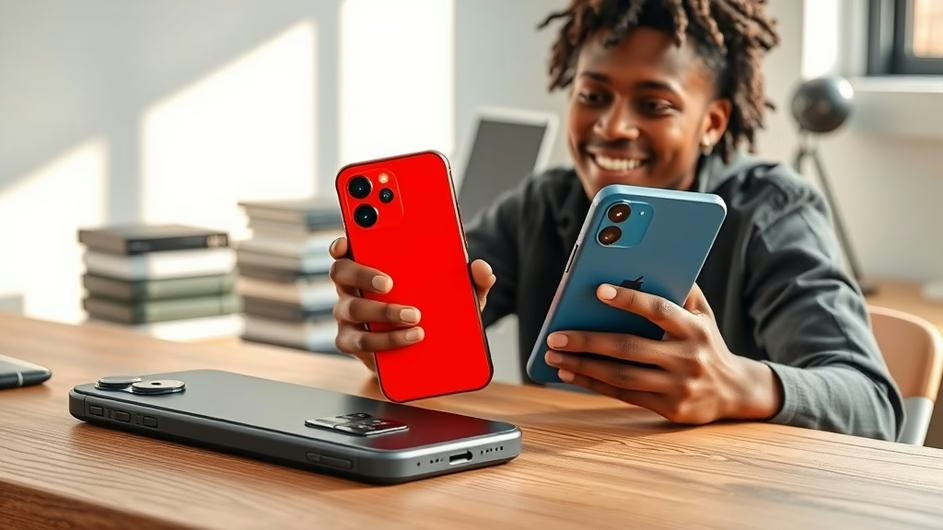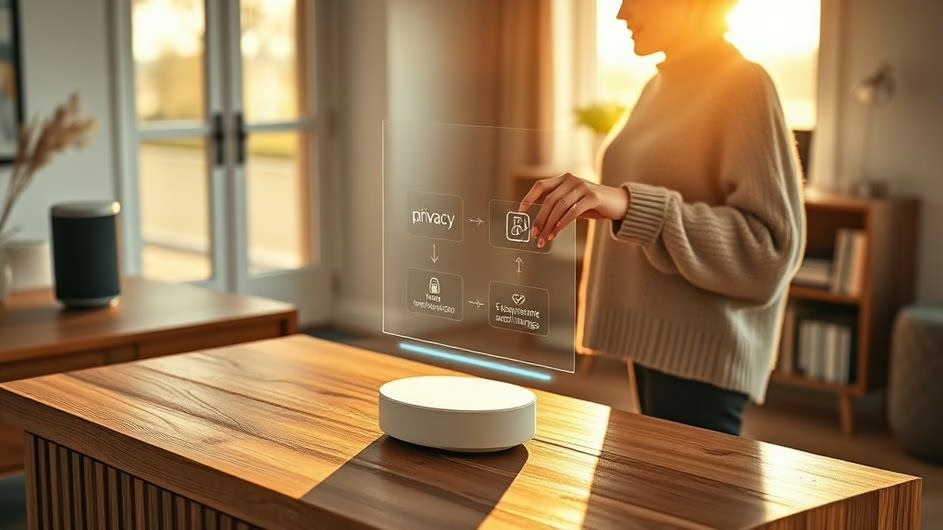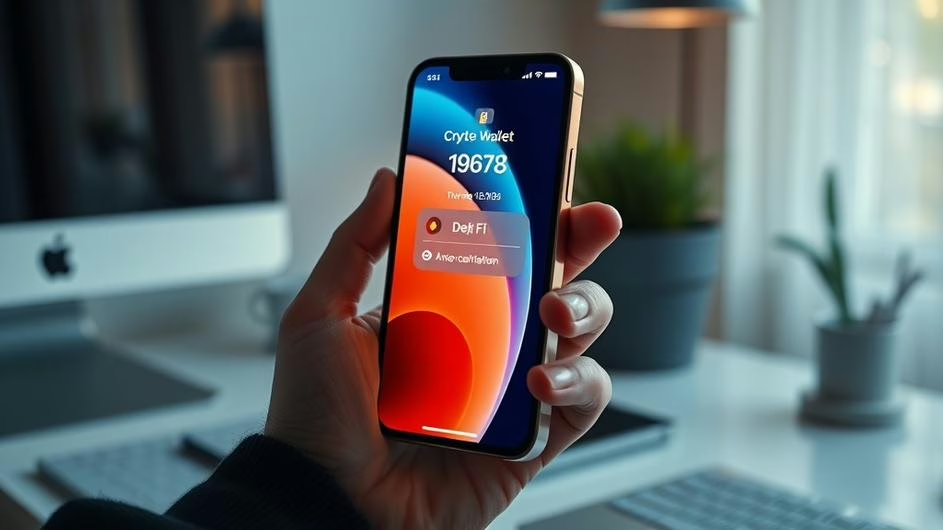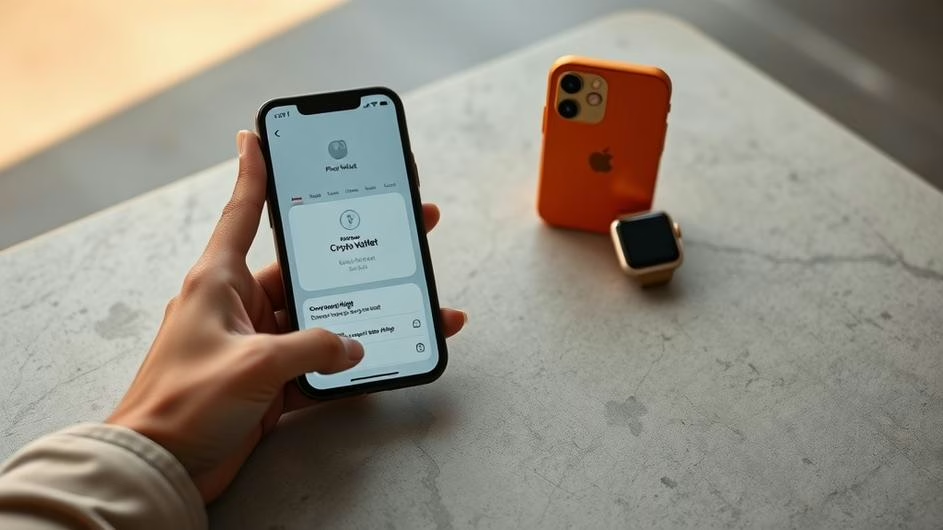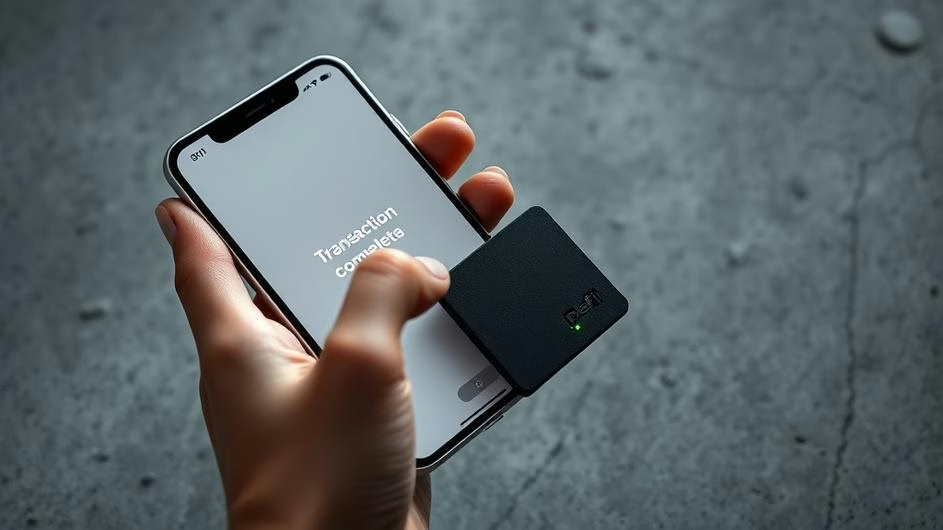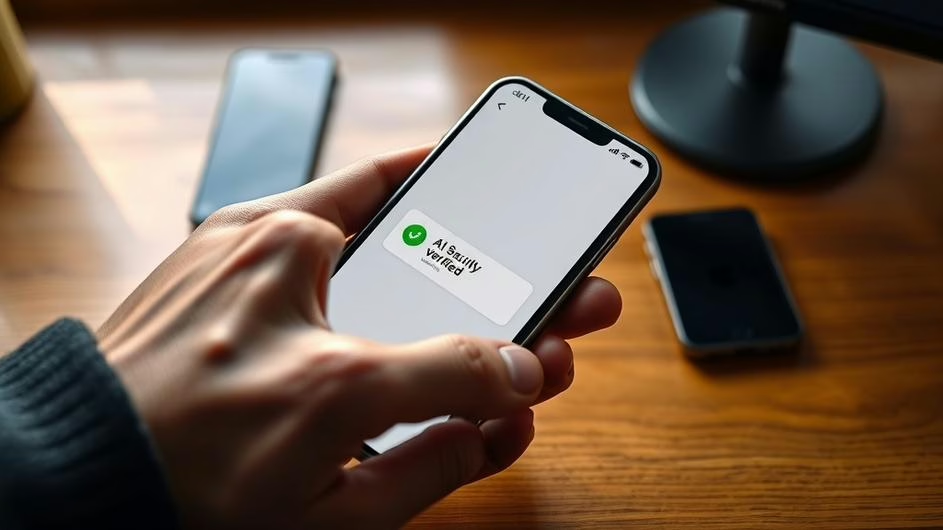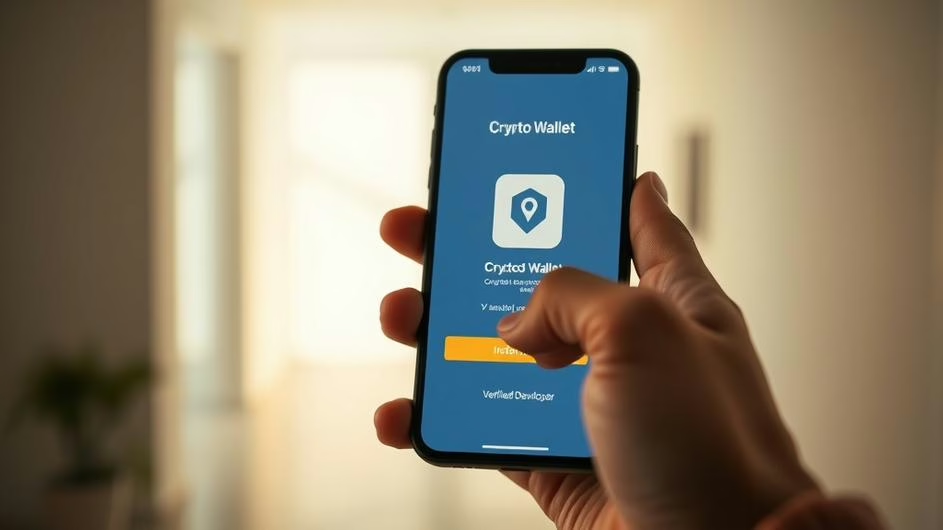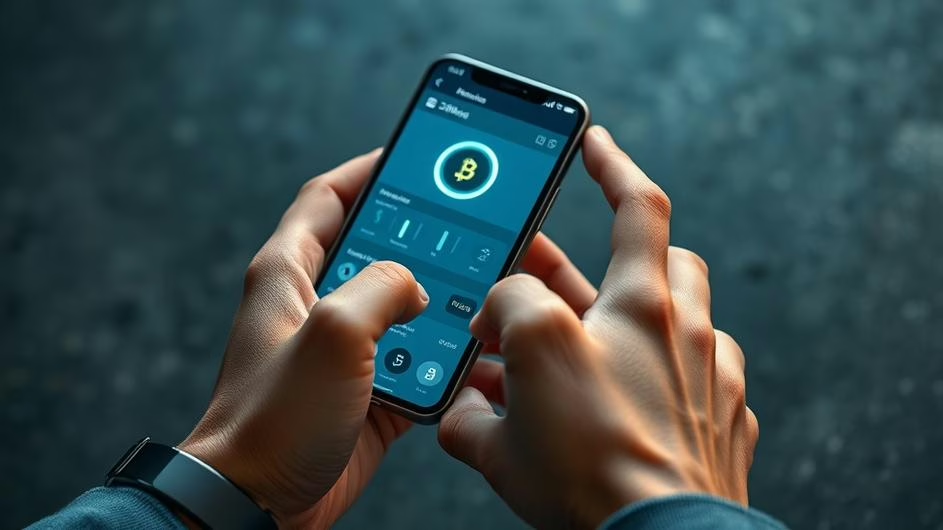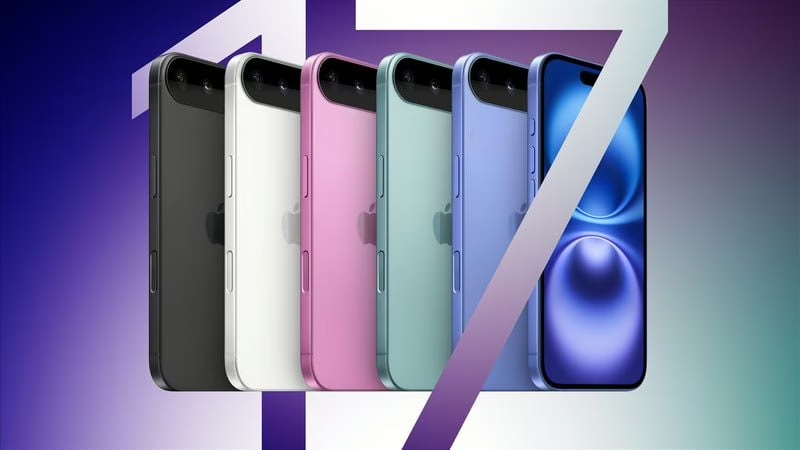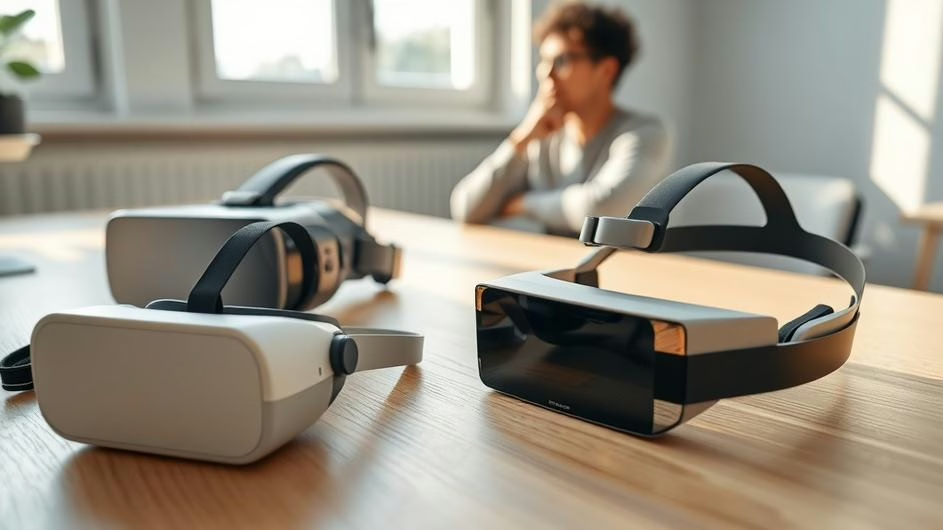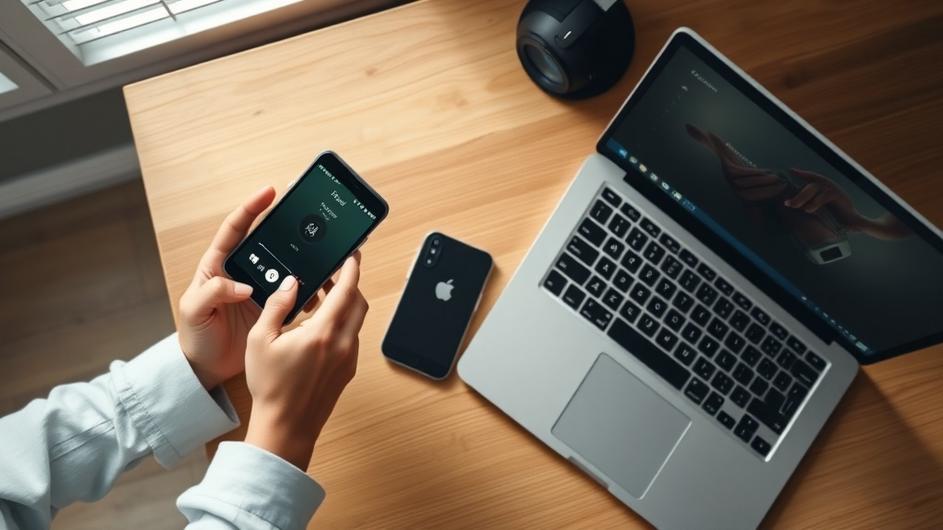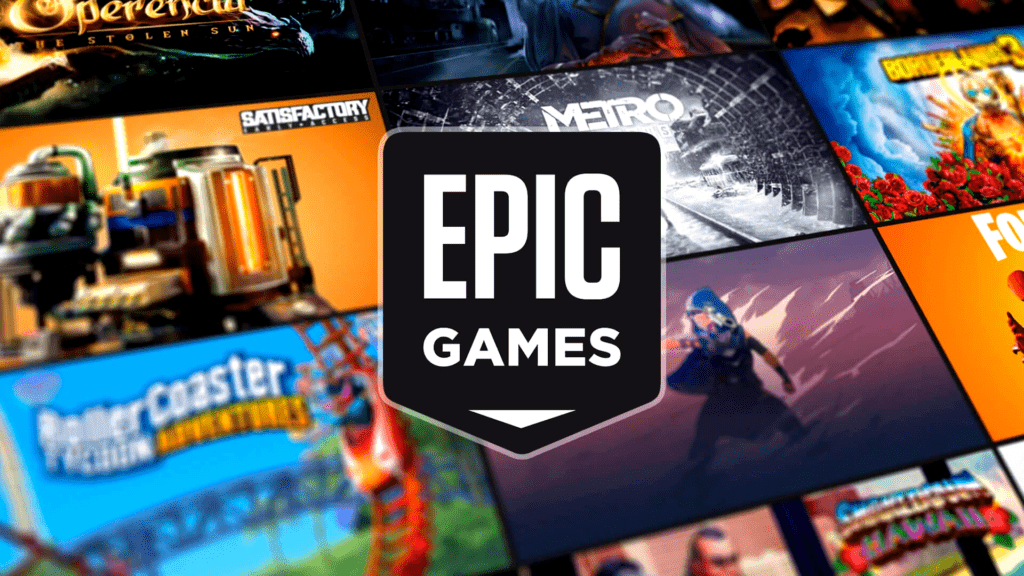
Epic’s Win Forces Google to Open Android App Stores and Payments
The world of mobile software just took a sharp turn into uncharted territory—and we’re all along for the ride. Picture this: One of the biggest names in gaming, Epic Games, just toppled a giant. After years of courtroom drama and legal jousting, Epic has scored a landmark victory over Google. And it’s not just about bragging rights. This decision is the tech world’s version of an earthquake—shattering old rules and giving developers (and users like you) way more freedom.
A Big Verdict Shakes Up Android’s House
Let’s set the scene. For ages, if you had an Android phone, every time you snagged an app or bought extra goodies in a game, a chunk—usually a hefty 30%—went straight to Google, thanks to its Play Store monopoly. That’s just how it was, like rush hour traffic or airport security lines. But not everyone played along. Epic Games decided enough was enough, dug in their heels, and in December 2023, a U.S. jury agreed.
A short summary? The jury found Google guilty of holding illegal monopolies over both the Play Store and its in-app billing systems. To say this decision is huge is putting it lightly—this changes the rules for everyone. From indie developers tinkering in their garages to massive companies launching billion-dollar apps, the Android world will never look the same. (Epic Games v. Google)
What the Ruling Really Means
Here’s the thing: Starting November 1, 2024, Google can’t force you—or any developer—to stick with its store or its pay system. That means:
- Alternative app stores must be allowed on Android devices—without Google slamming the door shut.
- Developers can roll out their own payment solutions, sidestepping Google’s toll booth entirely.
- No more secret backroom deals where Google pays companies to stay exclusive to its Play Store.
This permanent injunction is set to last at least three years. Whether you’re a coder with the next big app idea or a parent downloading games for your kids, things are about to get a whole lot more interesting. And yes—the Play Store’s iron grip is finally loosening. (Permanent injunction full text here)
How Did We Get Here? The Battle Behind the Headlines
Let’s be honest: This clash wasn’t just about money. It was about control. Epic Games, best known for the global sensation Fortnite, wanted more breathing room to innovate and reach fans. They were tired of losing nearly a third of their revenue every time someone bought game currency or a cool new skin. So, Epic tried a classic tech rebel move: They snuck their own payment system into Fortnite on Android, bypassing Google’s cut.
Cue the fireworks—Google booted Fortnite off the Play Store, and faster than you could say “lawsuit,” Epic fired back in court. What followed was months of testimony, industry secrets spilled, and plenty of legal buzzwords. Epic didn’t back down, and in the end, a California jury agreed that Google’s practices went too far, stifling healthy competition and innovation. (Big changes for Play Store)
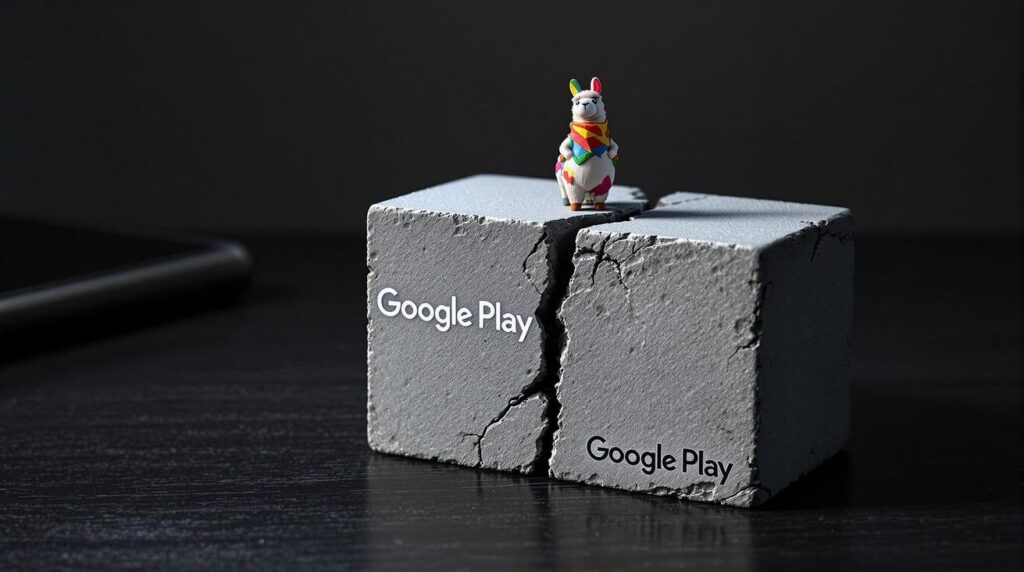
What Changes for Developers?
Developers, this is your cue to celebrate (or at least breathe a massive sigh of relief). No longer handcuffed to one app store or payment option, you can:
- Experiment with your own in-app billing systems—maybe even pass savings straight to your players.
- Distribute your apps independently, through third-party stores or even direct downloads (just imagine the possibilities).
- Avoid the shadowy world of so-called restrictive agreements, which once quietly forced competitors out of the market.
Something similar went down years ago when Android began opening up to customization, but this change runs way deeper for both indie devs and big studios.
Let’s say you’re building the next hit productivity app. Before, your launch roadmap was a straight shot through the Play Store—with all of Google’s rules and payments. Now? You can offer your app directly on your website, set your own terms, and keep a larger slice of the earnings. That’s an edge.
How Do Users Benefit?
Okay, but what about the rest of us? What’s in it for the average Android fan? Well, think about it: more app stores and payment options mean more choice. Sick of one app store’s policies? There’ll be alternatives. Maybe a store specializing in kid-safe content or indie games. Maybe lower prices, since developers aren’t building in Google’s 30% fee. It’s like walking into a supermarket where suddenly every aisle is filled with new brands and fresh ideas.
And no, you won’t have to jump through developer hoops or get lost in tech jargon. Just more options—and, hopefully, fewer headaches. Remember the last time you wished for an easier way to pay or a slightly cheaper in-game purchase? There’s a good chance those days are coming.
The Ripple Effect: What Happens Next?
Is Google doomed? Hardly. But the company will have to adapt, and adapt fast. Just like Apple has faced its own app store shakeups, Google will likely invest big in making its Play Store more appealing. Expect to see improved security, new perks for loyal users, and—who knows?— maybe even more generous revenue splits for developers willing to stick around. (What Epic Games’ win could mean for Android)
Still, the days of a single gatekeeper calling every shot? Those are winding down. If anything, this ruling injects fresh energy into the whole ecosystem. Competition? Absolutely. Convenience? You bet. A little chaos? Wouldn’t be tech without it.
Comparing the Old and New Android World: A Quick Look
If you’re a visual learner, here’s a handy breakdown of the Android app ecosystem—then and now:
| Before Epic’s Victory | After Epic’s Victory |
|---|---|
| Google Play Store is the default (and often, only) way to download apps | Alternative app stores must be allowed on all Android devices |
| Developers forced to use Google’s in-app billing, giving up 30% of each purchase | Devs can choose their own payment systems, avoiding the 30% fee |
| Exclusive contracts and deals limit user and developer choice | Restrictive deals and secret payments to keep apps exclusive are banned |
| Stifled innovation, less price competition | More app stores, payment options, and creative business models |
What’s Still Uncertain?
Let’s not sugarcoat it—some things are still up in the air. Will rival app stores take off overnight, or will users stick to familiar territory? What about security—can new stores keep your data and device safe? History tells us that every tech disruption comes with a learning curve, like when new standards arrive and old habits die hard.
Expect Google to fight tooth and nail to keep their platform trusted, while developers blaze new trails and, yes, occasionally stumble into a pitfall or two. You might even spot some new scams in the wild, as opportunists try to cash in on the chaos. So keep your eyes peeled and don’t download just anything that pops up.
This Isn’t Just About Games—It’s About the Future of Mobile Tech
This case may have started with a spat over Fortnite, but the aftershocks will be felt everywhere. Streaming services, productivity tools, even future social networks will be affected. Developers big and small are already swapping tips in online forums, debating how to handle payments, refunds, and support when there are a dozen ways to sell an app instead of just one. (Ninth Circuit affirms Epic’s win)
We’re looking at a new era of openness. Remember when Android fans first started tinkering with custom ROMs or exploring widgets that iPhone users could only dream about? That same pioneering DIY spirit is about to explode onto the app marketplace—only now, it’s supported by court orders and legal muscle.
For more on how Android’s tech keeps evolving, check out biometric autofill for passwords and XR’s impact on global industries.
Final Thoughts: Ready for Change?
Maybe you’re a die-hard Google fan, loyal to the Play Store. Or maybe you’re itching to see what new contenders will offer. Either way, the Android universe is about to get a lot more interesting, a lot more competitive, and—hopefully—a lot more fun.
Grab some popcorn. Or better yet, start brainstorming your next app idea. Because in the wake of Epic’s courtroom win, the only real certainty is that nothing will ever be quite the same again.
Want More?
For in-depth guides and more breaking news, don’t miss the Tech Daily Update blog.
Sources:








